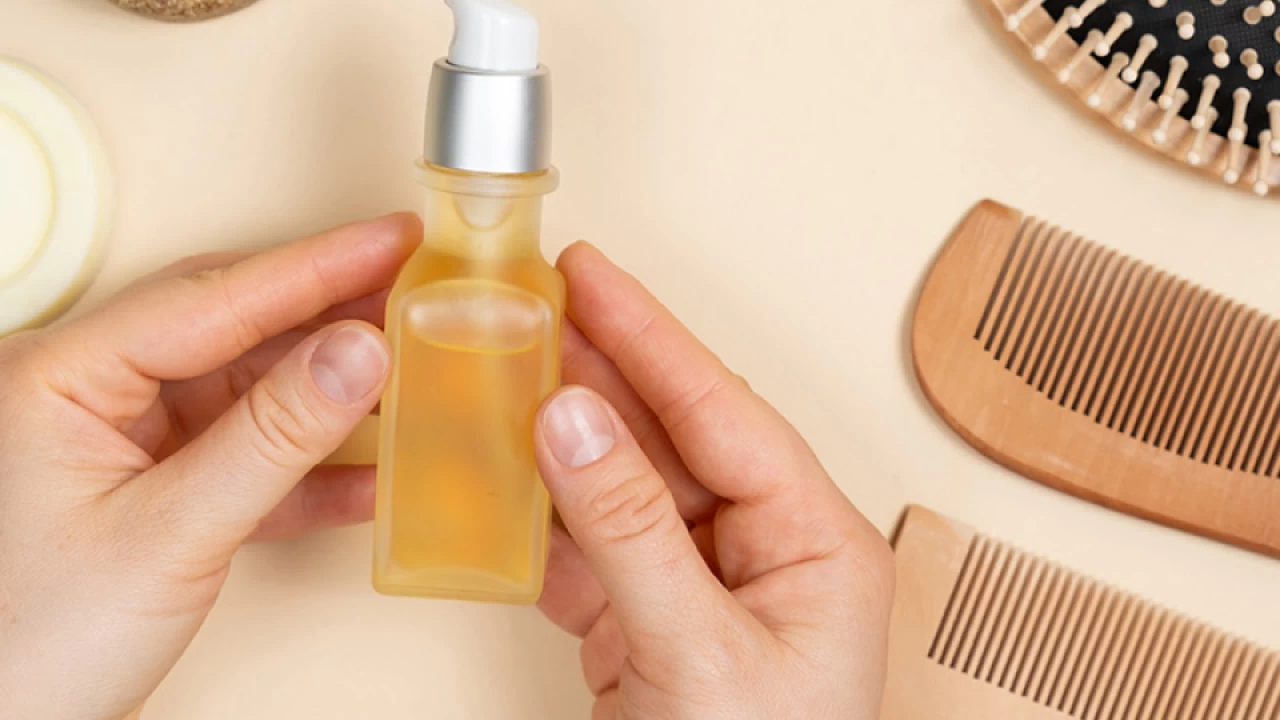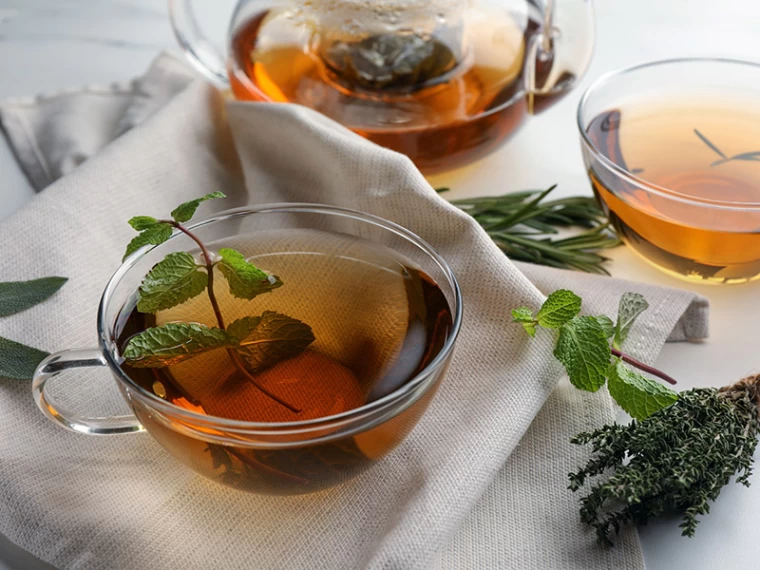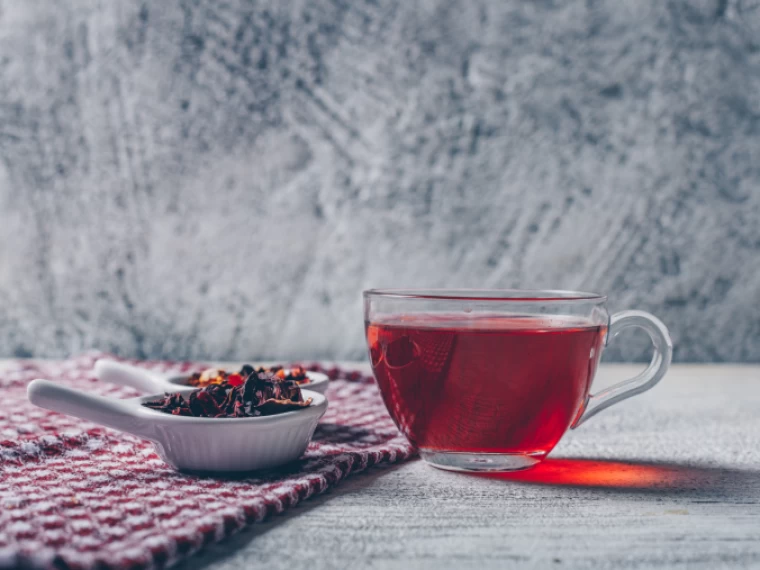In the world of medicinal plants, clove has been used for centuries and holds a special place in traditional medicine and various cultures due to its numerous benefits. Clove is known as an aromatic spice and a medicinal herb used in both cooking and natural remedies. Clove tea is one of the best ways to enjoy the benefits of this plant, which can help improve overall health. In this article, we will explore the history of clove, its benefits, the best time to consume it, and how to prepare clove tea.
History of Clove
Clove comes from a tree called Syzygium aromaticum, which is cultivated in tropical and subtropical regions. This plant is native to the Maluku Islands in Indonesia and has been known and used worldwide for centuries. In ancient times, clove was a valuable commodity in the spice trade and was highly regarded for its medicinal properties and unique flavor. The Chinese and Indians were among the first to discover the medicinal properties of clove and used it in treating diseases and as a sacred substance.
Clove was introduced to Europe in the Middle Ages and quickly became a popular spice in cooking and a medicinal herb. Throughout history, clove has been recognized in various cultures as a symbol of power and health and was even used in some religious ceremonies.
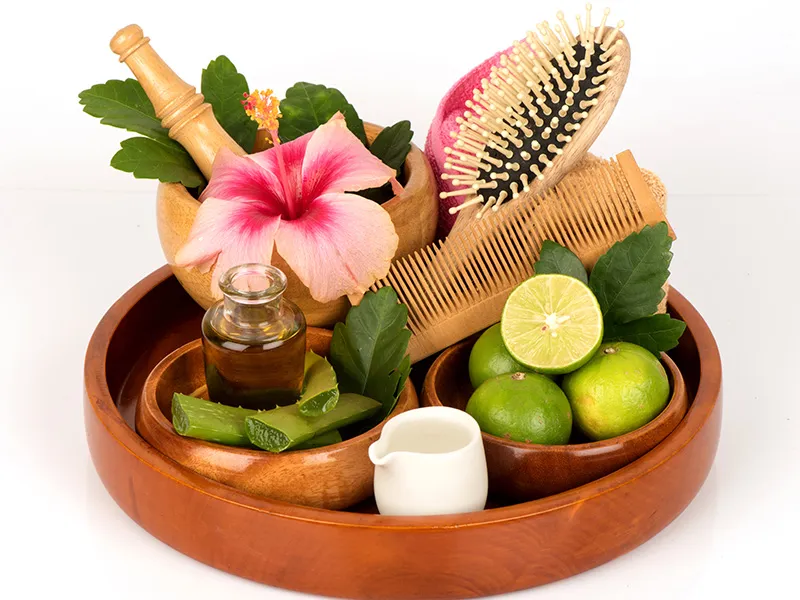
Benefits of Clove
Clove contains various active compounds that make it a powerful medicinal herb. One of the most important compounds in clove is eugenol, which has anti-inflammatory, antibacterial, and antiseptic properties. This compound can help relieve pain, improve oral health, and prevent infections.
Anti-inflammatory Properties:
Due to its eugenol content, clove is considered a strong anti-inflammatory. Drinking clove tea can help reduce body inflammation, making it beneficial for people suffering from inflammatory conditions like arthritis.
Boosting the Immune System:
Clove has antibacterial and antiviral properties that can help strengthen the immune system. Regular consumption of clove tea can help prevent infectious diseases and boost the body's natural defenses against pathogens.
Improving Digestion:
Clove has long been used as a natural remedy for digestive issues such as bloating, indigestion, and diarrhea. The compounds in clove can help soothe digestive symptoms and improve the function of the digestive system.
Pain Relief:
Eugenol in clove has anesthetic and pain-relieving properties. This makes clove tea a natural remedy for various pains such as headaches, toothaches, and muscle pains.
Benefits of Clove for Skin
Clove, due to its active compounds like eugenol and various vitamins and minerals, has many benefits for skin and hair care:
Anti-inflammatory and Antiseptic:
Eugenol in clove has anti-inflammatory and antiseptic properties that help treat pimples and acne. Topical use of clove oil or masks containing clove can reduce inflammation and prevent skin infections.
Anti-aging:
Clove, rich in antioxidants, can help reduce early signs of aging like wrinkles. Antioxidants fight free radicals, preventing cell damage and helping rejuvenate the skin.
Treating Scars and Skin Spots:
The antiseptic and healing properties of clove can help improve scars and reduce skin spots. Regular use of clove or products containing clove can enhance the overall appearance of the skin.
Skin Cleansing:
Clove's antibacterial properties help deeply cleanse the skin and remove bacteria and impurities from skin pores. This can prevent pimples and improve the overall appearance of the skin.
Benefits of Clove for Hair
Strengthening Hair Roots:
Topical use of clove can help strengthen hair roots. The minerals and vitamins in clove nourish hair follicles and prevent hair loss.
Stimulating Hair Growth:
Clove increases blood flow to the scalp, stimulating hair growth. Massaging the scalp with clove oil can increase hair thickness and improve overall hair health.
Treating Dandruff:
Clove's antibacterial and antifungal properties can help treat dandruff. Regular use of clove or shampoos containing clove extract can reduce dandruff and scalp itching.
Shine and Softness:
Clove can help soften and increase the shine of hair. Using hair masks containing clove or rinsing hair with clove tea can enhance hair softness and shine.
How to Use Clove for Skin and Hair
For Skin: Mix a few drops of clove oil with a carrier oil like coconut or jojoba oil and apply it topically. You can also use face masks containing clove powder or clove tea.
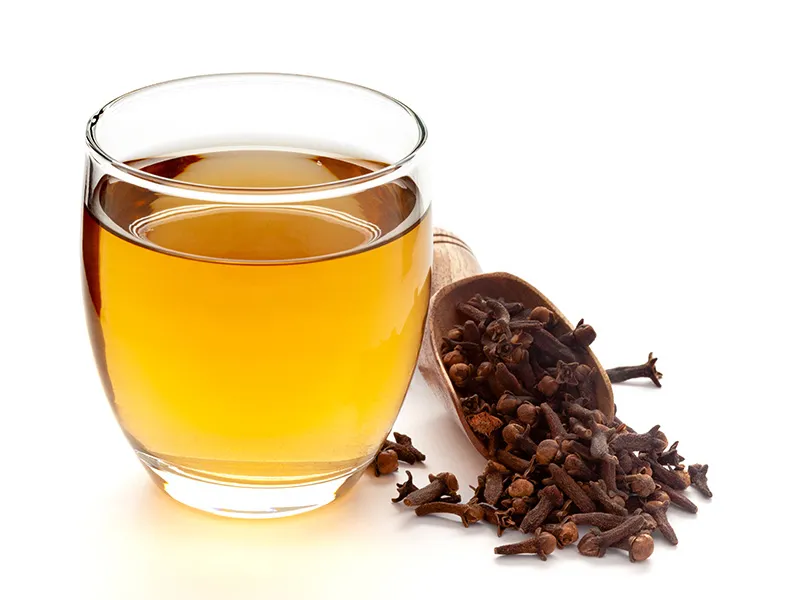
For Hair: Mix a few drops of clove oil with your shampoo or conditioner and apply it to your hair and scalp. You can also use clove tea as a natural rinse to strengthen and shine your hair.
Clove, with its unique properties, can be a key element in your hair and skin care routine. Regular and proper use of clove can help improve the health and beauty of your hair and skin.
Benefits of Clove for Colds
Clove is a beneficial medicinal plant for combating colds due to its antibacterial, antiviral, and anti-inflammatory properties, which can help reduce cold symptoms and speed up recovery. Here are some benefits of clove for treating and relieving cold symptoms:
Relieving Cough:
Clove's anti-inflammatory and antiseptic properties can help relieve dry and wet coughs. The active compounds in clove reduce throat irritation and soothe inflamed mucous membranes.
Antibacterial and Antiviral:
Eugenol, a key compound in clove, has antibacterial and antiviral properties. This helps clove prevent and fight viral and bacterial infections that occur during colds.
Reducing Throat Inflammation:
Clove, as a natural anti-inflammatory, can help reduce throat inflammation and pain, a common cold symptom. Gargling with clove tea or sucking on a clove piece can soothe a sore throat.
Relieving Nasal Congestion:
Clove's decongestant properties can help open nasal passages and reduce nasal congestion. Inhaling clove steam or using clove oil in steam can improve breathing.
Relieving Headaches and Muscle Pain:
Headaches and muscle pain are common cold symptoms. Clove's anti-inflammatory and analgesic properties can help relieve these pains. Massaging with clove oil or drinking clove tea can be beneficial.
Oral Disinfectant:
During a cold, the mouth and gums may also be affected. Clove's antiseptic properties can help maintain oral hygiene and reduce bad breath caused by infection.
How to Use Clove for Colds
Clove Tea:
To make clove tea, add one or two teaspoons of dried cloves to a cup of boiling water and let it steep for 10 to 15 minutes. Strain and drink it warm. You can add honey or lemon to improve the taste and increase its benefits.
Clove Steam:
Add a few drops of clove oil to a bowl of hot water and inhale the steam. This helps open nasal passages and relieve nasal congestion.
Gargling with Clove Tea:
Prepare clove tea and let it cool. Use it to gargle to soothe a sore throat and reduce inflammation.
Using Clove Oil:
You can use clove oil topically to relieve headaches and muscle pain. Mix a few drops of clove oil with a carrier oil like coconut oil and massage the painful areas.
Best Time to Consume Clove
To benefit from clove's properties, the best time to consume it depends on the type of use and the desired goal. Generally, drinking clove tea at different times of the day can have various benefits.
Morning:
Drinking clove tea in the morning can boost energy and increase focus. Eugenol in clove improves blood flow and brain function, making it a great start to a day.
After Meals:
Drinking clove tea after meals can improve digestion and reduce bloating.
Clove acts as a natural digestive aid and soothes the stomach after a heavy meal.
Before Bed:
If you want to relieve stress and improve sleep quality, drinking clove tea before bed can be beneficial. Clove's calming properties can reduce anxiety and promote relaxation, leading to better sleep.
How to Make Clove Tea
Making clove tea is very simple and can be done in a few easy steps.
Ingredients:
- 1 to 2 teaspoons of dried cloves
- 1 cup of boiling water
- Honey or lemon for flavor (optional)
Steps:
Boil the water. Put the dried cloves in a cup or teapot. Pour the boiling water over the cloves and cover the cup or teapot. Let the tea steep for 10 to 15 minutes. Strain the tea and, if desired, add honey or lemon to enhance the flavor.
Important Tips for Making Clove Tea:
- You can use whole cloves or clove powder, but whole cloves are usually recommended for their stronger flavor and properties.
- You can drink clove tea 2 to 3 times a day, but it's best to consult a doctor before regular consumption, especially if you are taking other medications.
Conclusion
Clove tea is a natural and healthy drink that can help improve overall health. From reducing inflammation and boosting the immune system to improving digestion and relieving pain, clove has numerous benefits that make it a valuable medicinal plant. By consuming clove tea at the right times, you can enjoy many health benefits. Since making clove tea is very easy, you can easily incorporate this drink into your daily routine and benefit from its properties.

